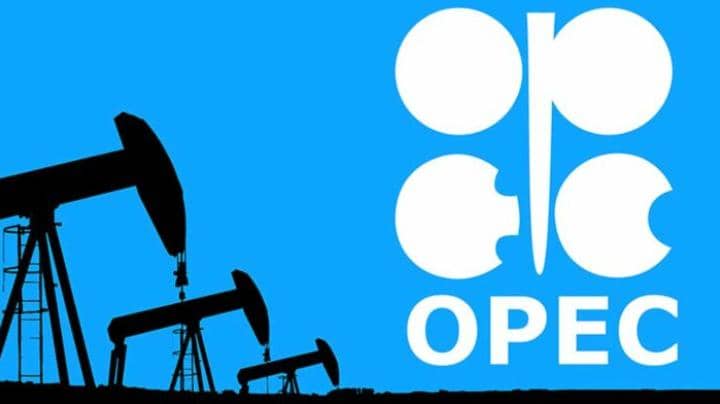Nigeria’s 2025 Budget Under Attack threatened by Organization of the Petroleum Exporting Countries Production Cut Decision.
Nigeria’s proposed 2025 budget of N47.9 trillion, pegged on an optimistic oil price of $75 per barrel and production of over two million barrels per day, faces a significant threat due to OPEC’s decision to maintain production cuts until 2026.
This move may freeze oil prices, with Brent trading at around $72 per barrel yesterday, potentially undermining Nigeria’s revenue projections.
The oil price benchmark of $75 per barrel may not be realistic, considering the current market trends.
Analysts suggest revising the benchmark to $70 per barrel to account for potential price shocks.
The risks associated with dependence on oil exports revenue do not justify a sudden rapid appreciation in the naira exchange rate in 2025.
Oil Production Challenges in Nigeria.
Nigeria’s current oil production stands at less than 1.5 million barrels per day, below the proposed 2.06 million barrels per day.
The country’s OPEC quota for 2025 is 1.5 million barrels per day, with existing production already committed to crude swap deals and asset-backed loans.
This raises concerns about realizing government revenue projections and addressing the foreign exchange crisis.
OPEC’s Decision To Affect Nigeria’s Budget.
Senior Research Analyst at Energy Intelligence, Amena Bakr, stated that OPEC and its supporting partners have decided to extend the collective group cut by one year until the end of 2026.
This decision buys time for OPEC but may not address the underlying issues of weak global oil demand.
The fundamentals for oil prices remain weak, with risks skewed to the downside.
Oil Price Votility in Nigeria.
The oil ministers at the 38th session of OPEC emphasised the critical importance of full conformity with production levels
And also the implementation of a robust compensation mechanism to enhance transparency and preserve market equilibrium.
In the past Months, OPEC had to readjust its oil demand output downward. Previously, OPEC planned to increase the production cuts from next month with an initial 180,000-bpd increase in production.
While gradually returning all the supply by the end of 2025.
Combined with the cost of oil production per barrel, which the Nigerian National Petroleum Company Limited vowed three years ago to reduce to $10.
But currently stands at about $48, Nigeria may borrow more to finance the 2025 budget.
In January, Nigeria’s average daily oil production was 1.42 million
In February, it was 1.322 million barrels per day.
By March, average daily production dropped to1.23 million barrels.
In April, it stood at 1.28 million barrels.
In May, oil production fell to 1.25 million barrels, in June, 1.25 million
1.5 million barrels per day in July, 1.57 million barrels per day in August.
About 1.54 million barrels per day in September and 1.43 million barrels per day in October.
Implications for Nigeria’s Budget.
Nigeria’s Minister of State for Petroleum (Oil), Heineken Lokpobiri, emphasised the critical role of collaborative efforts in ensuring a balanced and sustainable oil market.
At the 38th meeting of the Joint Ministerial Monitoring Committee (JMMC) of OPEC, He stated;
“This meeting reflects the unity and resolve of OPEC and its partners to maintain stability and ensure a balanced market. Nigeria remains steadfast in supporting these efforts while pursuing our national objectives within the global energy landscape,”.
He also said Nigeria remains dedicated to fostering partnerships within OPEC and beyond, contributing to global energy security while ensuring the sustainable development of its resources.
Nigeria’s budgets, historically benchmarked on oil prices, have underperformed, with huge budget deficits and rising debts.
The proposed budget deficit of N13.8 trillion marks 3.87% of GDP, above the 3% ceiling set in the Fiscal Responsibility Act of 2007.
The actual deficit may exceed projections, underscoring the need for a more effective budgetary framework.
Kindly share your thoughts with us in the comments section below.
Subscribe to our Newsletter to stay updated.
You can also follow our updates on WhatsApp by clicking this Link.







